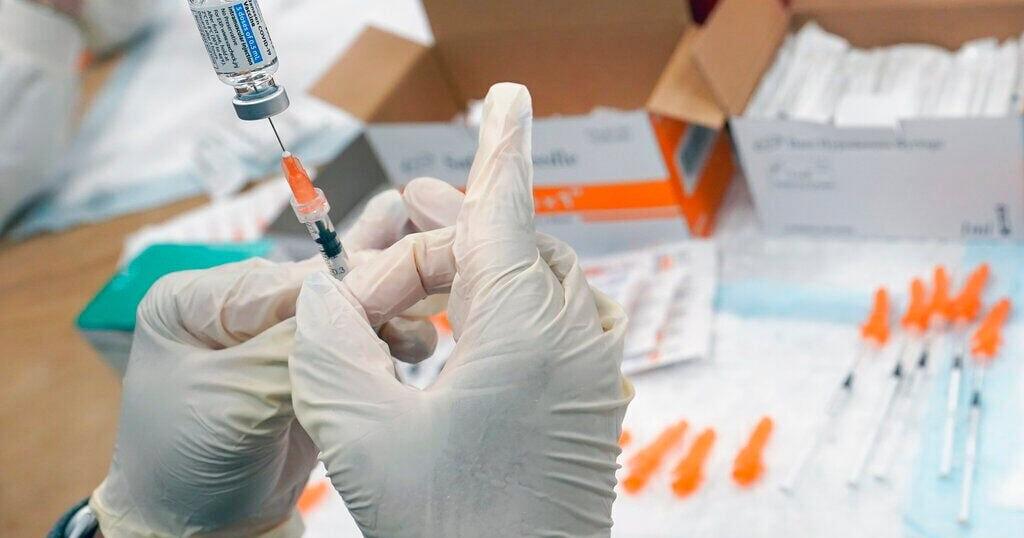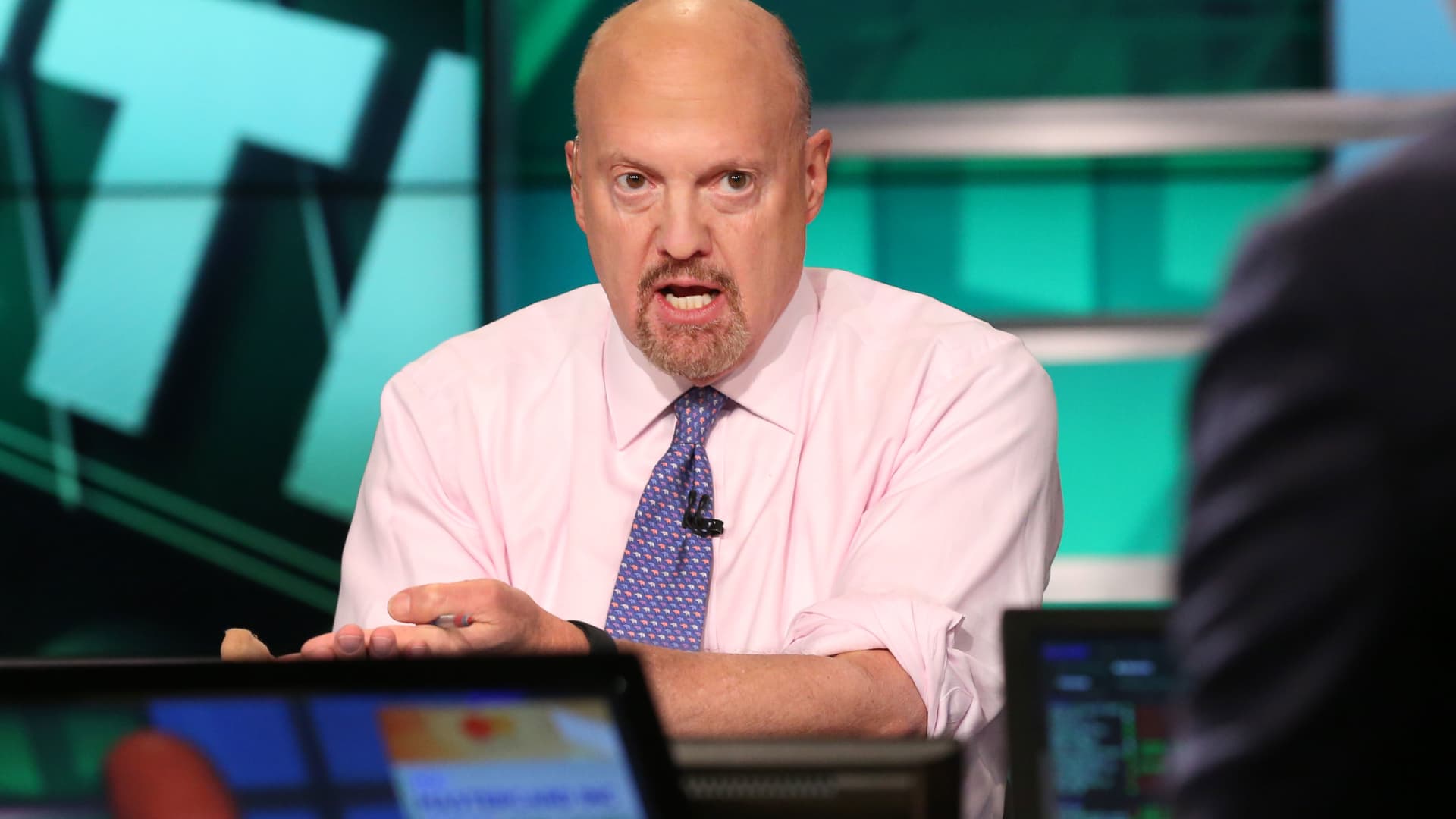The long-awaited media rights deal for women’s college basketball is here. And despite valuing the sport at $65 million a year in an eight-year partnership with ESPN, the news was met with a familiar disappointment in coaches’ offices across the country. Publicly, coaches will praise the progress made by the NCAA, but privately, they’ll keep a watchful eye on the next moves made by NCAA president Charlie Baker.
With the momentum women’s basketball has captured in recent years and its broadcasting deal expiring at an opportune moment, coaches had made public pushes for the NCAA to put the women’s basketball media rights deal on the free market. Some even received signals from the NCAA that a stand-alone deal, more similar to the men’s NCAA Tournament, would be the way forward.
But it’s fair to say, even with their best efforts, their hopes were never terribly high. Decades of feeling as though the NCAA had pushed women’s basketball to the side had made sure of that. So, they weren’t floored when they learned Thursday that women’s basketball was packaged along with 39 other championships.
GO DEEPER
NCAA signs lucrative TV deal for championships, but women’s college hoops stays in bundle
They understand it’s far from a terrible deal. As part of a $950 million, eight-year deal with ESPN, the $65 million annual valuation of the women’s tournament is 10 times more than it was valued in the previous deal. The commitment in the contract to put the title game on ABC is a guarantee that didn’t previously exist. There is reason to celebrate progress, no doubt. Coaches know that striking a deal with a different media partner that had never put on a tournament the likes of March Madness would’ve been a considerable risk. Even if the women’s tournament had been separated and put on the free market and even if another suitor had thrown $80 million a year at the NCAA for the women’s tournament, would that extra $15 million been worth the risk of handing 63 games over to a network or platform without proven success of handling such a massive event? It’s a fair debate, but also, it was an understandable reason for Baker to be wary of any suitors not named ESPN.
The deal is solid. But how “good” exactly this deal could be will depend entirely on what he does next. Because while the ink might be dry on this contract, Baker could make two more moves that would open new alternative revenue streams for women’s basketball, propelling the sport even further and allowing women’s basketball to establish its own value outside of the bundled deal.
First, he could ensure that units are distributed for women’s basketball. For the men’s tournament, this financial payout has existed since the early 1990s, sending money to the conferences of the teams that participate and win throughout March Madness. Last season alone, the SEC pocketed roughly $34 million for its men’s teams despite the fact that it didn’t have a single squad in the Elite Eight. The SEC women, who had two Final Four teams in South Carolina and LSU (the eventual national champion)? They received exactly $0 for their participation and tournament wins.

Alexis Morris and her LSU teammates celebrate winning the national title over Iowa. (C. Morgan Engel / NCAA Photos via Getty Images)
These units ensure that not only conferences but programs are incentivized to invest in their women’s basketball teams, players, coaches and programs. And, with this new deal, Baker says conversations about units are on the table.
“There’s a genuine commitment to put a program in place and I’m not going to speak more to what the details of that might look like because there’s a lot of different ways to structure it,” Baker said. “I do think it’s something that a lot of people are committed to doing, and we’re pretty excited about it.”
Second, and further into the weeds but just as important, Baker needs to open up a third tier of corporate partnerships for NCAA championships. In a previous agreement between the NCAA and CBS/Turner Sports, the NCAA ceded its negotiating power for its own corporate sponsorships in championships to CBS/Turner Sports. The problem with that is CBS/Turner Sports broadcast exactly one NCAA championship: the men’s NCAA Tournament. They have no vested interest in brand partnerships that don’t directly benefit that.
They established two levels — corporate champions and corporate partners — and left it at that. Industry sources have explained that the barriers to entry for even the lower level (corporate partners) is far higher than most brands can afford, leaving money on the table for companies that might have a more singular focus within a sport but don’t have the budget to compete with the AT&Ts or Marriotts of the world.
A third tier, coaches and media experts have explained, would open up an alternative revenue stream that wouldn’t need to take away from any prior relationships CBS/Turner Sports have established (assuming there wasn’t any competitive nature between the already-made deals), and instead allow other companies to create agreements with single sports or groupings of championships. It would allow companies solely interested in specific championships — like women’s basketball — to invest in just women’s basketball, pushing the NCAA and market to see the value in it as a single entity apart from the other championships.
Think of it as an F1 race car. The car might have its largest sponsors’ logos displayed most prominently — on the rear wing and the sides of the car — but nearly every other part is also tagged with brands. The steering wheel, the end plates, the nose all have smaller brands that paid less money to still put their name on that car.
Why couldn’t the same be true for the branding deals for other 39 championships? Why not explore those revenue streams for other sports? Why hand that duty off to a network that has zero vested interest in seeing women’s basketball or gymnastics or baseball grow? Why leave all that money sitting in the hands of potential investors and partners?
While the NCAA says it’s “still working” on that, coaches will sigh, hearing a refrain they’ve heard too often before. For years, the biggest names in the sport have pleaded with the NCAA to just let women’s basketball prove its worth. And too often, they’ve heard the chorus of doubters claim their sport isn’t profitable, only to respond: But has the NCAA ever actually tried to make money on our sport? Have they ever gotten out of the way to allow the sport to grow as it should?
The answer is no.
For decades, the NCAA ensured that only men’s basketball was permitted to use “March Madness” branding. Their tournament had more games. Their refs made more money. The inequities were highlighted during the 2021 tournament, allowing the public to finally see what those in women’s basketball had known for years. The NCAA-commissioned independent investigation into gender inequities, known colloquially as the Kaplan report, showed that former NCAA president Mark Emmert and the NCAA for decades pushed aside women’s basketball, and other high-growth sports, to focus on the cash cows of men’s basketball and football.
Baker is less than a year into the job, and had no part in creating this decades-long tension and distrust. But he is now the person tasked with pulling the NCAA and women’s basketball forward, and together. They need each other.
Make no mistake: Women’s basketball is at an inflection point. With where the interest and the game stands right now, there is a chance the sport will never have to hear “but women’s college basketball doesn’t make money” again. And for the coaches who are watching Baker’s every move, that would sound better than the final buzzer of a national title game.
But, there’s more work to be done. Baker hasn’t hit the game-winner yet. But it does feel like he has the ball in his hands with 10 seconds to go, and women’s basketball is watching him to see if he can be trusted to take this shot.
(Photo of Charlie Baker: David J. Griffin / Icon Sportswire via Getty Images)

Daniel Miller is a sports fanatic who lives and breathes athletics. His coverage spans from major league championships to local sports events, delivering up-to-the-minute updates and in-depth analysis for sports enthusiasts.








